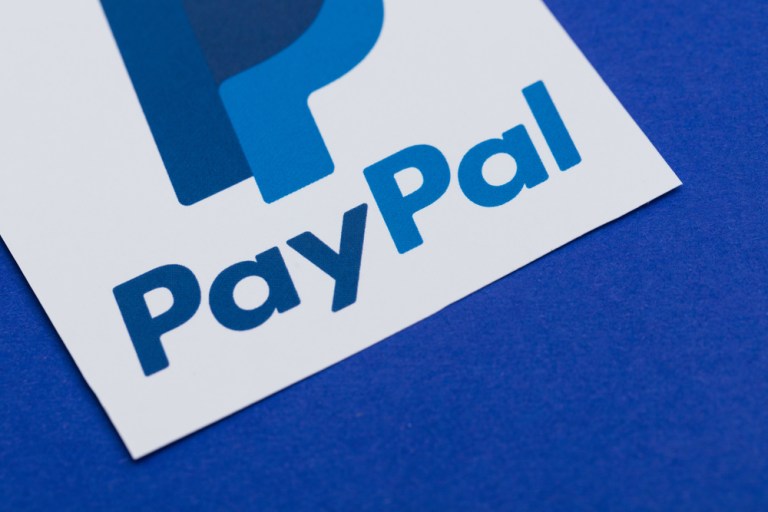Tokenization is a buzzword within payments.
And as commerce becomes ever more mobile — connecting devices in store, online, or an amalgamation of the two — one industry participant says that payments should brace for a tidal wave of tokens.
Billions of these tokens have been issued, and billions more will come. The focus of a blog post this morning (Aug. 31) is on that sea change, and it debuted from Nitin Prabhu, PayPal’s senior director of issuance, tokenization and loyalty platform.
The nomenclature may give merchants pause, the complexity of adopting and adapting to new technology may give them agita — nevertheless, tokenization has benefits for all players in the commerce ecosystem, spanning security, speedier payments and even a richer consumer experience.
And yet, for the merchant, complexity reigns in token management.
“There have been multiple variants of tokenization,” he told Webster. “But this is the first time that we think networks and the [commerce] ecosystem are adopting it,” especially as mobile devices and IoT take root. Against that backdrop, he said, “tokenization is more and more relevant.”
Advertisement: Scroll to Continue
PayPal has been embracing and advocating network tokens, and as part of the EMVCo framework, has provided a simple API interface that he said allows firms to grab the benefits of tokenization while integrating into PayPal’s payment platform.
“The merchants do not have to do anything different,” said Prabhu, who added that “on the contrary, they get much more enhanced information they can use.” In a pair of examples, he said that the EMVCo framework features what is known as a “payment account reference.”
Think of his firm, said Prabhu, as a token gateway to the networks across, say, Visa, Mastercard, American Express, Discover and others.
Want to learn more about how to navigate the waves of a sea change of commerce?

